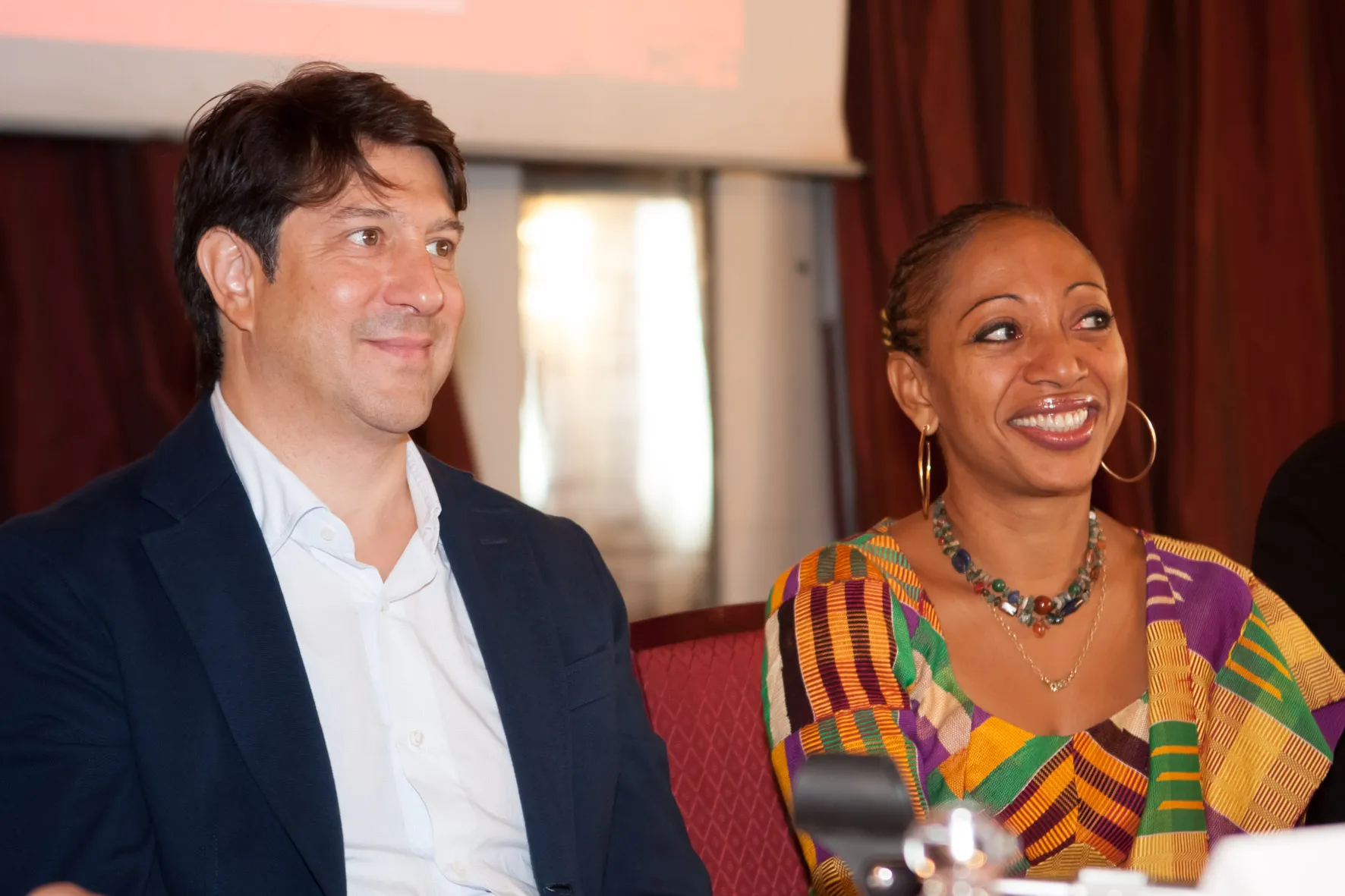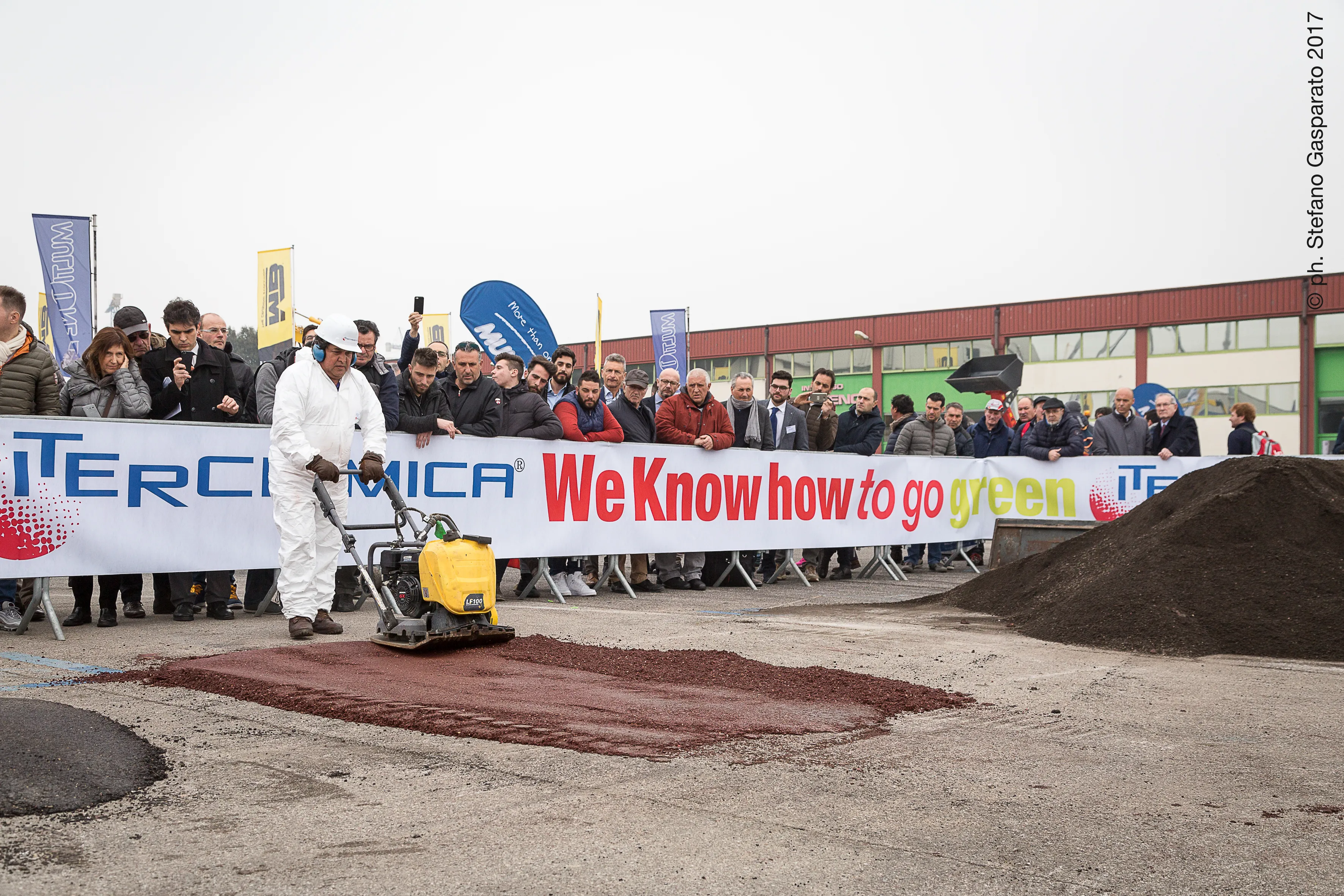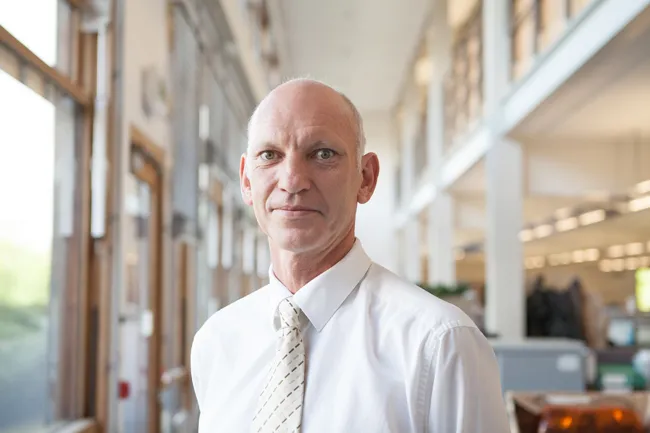
Formwork firm Pilosio is taking corporate responsibility and sustainability very seriously indeed through its peace awards - Kristina Smith reports
Italian formwork specialist
Over 300 guests from around the world, including 150 Pilosio clients, attended the event and heard keynote speaker Kofi Annan, former secretary-general of the United Nations, speak about the event’s theme: ‘Women as builders of Peace’. Annan also outlined the importance of corporate social responsibility and the need for the public and private sectors to work together:
“Given the problems we face, we cannot rely on governments to deal with it,” he said. “We need the private sector, civil society and we need foundations.”
Pilosio’s Building Peace Awards demonstrate a more direct approach to communicating and networking with clients and stakeholders. The firm has cut out all exhibitions except one, preferring to communicate its ethos and culture directly through this event.
For Pilosio CEO Dario Roustayan, the awards are an important way to connect with clients and strengthen the business; the combination of altruism and marketing make perfect sense: “What we are doing here is only possible and sustainable if we have a successful business,” he said.
Pilosio also used the event to reveal its ‘Shelters for Refugees’ project. Working with Habitat for Humanity founder, architect Cameron Sinclair, the firm has developed buildings for refugees constructed of scaffolding tubes and local materials such as sand or gravel.
“We felt the need to become stakeholders, to do something concrete,” said Routsayan.
With the possibility of combining the ‘L’ shaped units to create single homes, communities and buildings such as schools or clinics, the first two pilot school projects are already planned for a refugee camp in Jordan. The idea is that the structures can be dismantled at the end of a camp’s life and used to rebuild homes and community facilities in the refugees’ home countries.
The event also included a panel discussion of five influential women identified as Builders of Peace. These included Carolyn Miles, CEO of Save the Children, Khalida Brohl, founder of the Sughar Empowerment Society which fights honour killings in Pakistan, and Salini Costruttori board member and Poste Italiane chairman Luisa Todini.
Pilosio’s approach was very well-received among guests, with Tarek Al-Nassar, managing director of Arabian Roots Scaffolding taking to the stage to praise both Roustayan and Pilosio’s leadership.
The library will become part of the network of the Ghanaian education system. It will play a key role as in Ghana, 83% of the population does not have internet and in schools not all students have access to books. It will give training to graduates for set periods and also provide educational activities for children. In addition, the library will offer the opportunity to train new professionals in culture and education.








